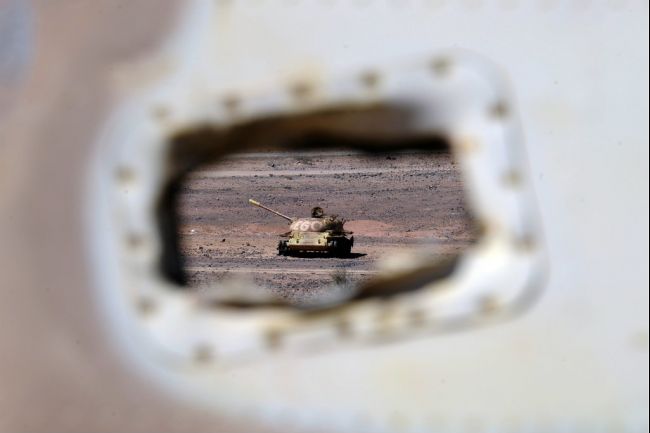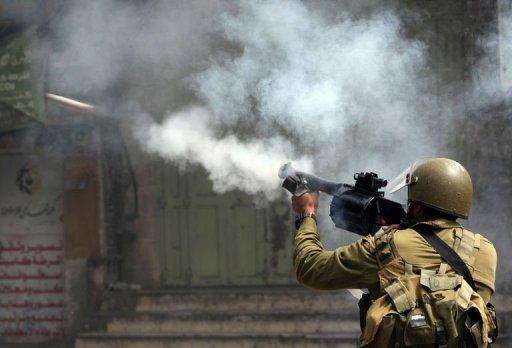
AFP PHOTO / Dominique Faget
The United Nations Secretary-General is sticking by his man in Western Sahara. Christopher Ross, Ban Ki-Moon’s Personal Envoy to Western Sahara, fell out with the Moroccan Government in the wake of spying accusations. The Moroccan Government said on their website that Ross, “has not demonstrated objectivity and impartiality, and has clearly failed in the mission which he was entrusted with.”
They also accused Ross of trying to “politicise the mission” by lobbying for a human rights mechanism to be added to the mission. Ross has indeed reported on the importance of such a dimension. In this same vein, representatives from the Kennedy Center for Juistice and Human Rights are visiting to “assess the human rights situation on the ground by speaking to human rights defenders, government authorities and ordinary families split apart by this conflict,” said Kerry Kennedy, the group’s leader.
In a bid to cement the UN stance, on Saturday Ban said in a phone call with Morocco’s King Mohammed VI, “with regard to the Western Sahara issue, the Secretary-General stated that the United Nations does not intend to modify the terms of its mediation.” So for time being, Ross is staying put.
The conflict in Western Sahara centres on Morocco’s claim to the territory, and the armed Frente Polisario’s push for independence.
The UN has had a presence in Western Sahara since 1991 when the UN mission
MINURSO was sent to the costal territory to organise a ceasefire and oversee a referendum where residents would chose between independence and annexation to Morocco.
The UN argues that the ceasefire has largely held, while admitting that after 21 years, the referendum is yet to have materialised.
“It is a lack of change in the MINURSO mandate which is at the heart of the conflict between the UN envoy and the Government, said Jack Kalpakian, Professor of International Studies and Morocco’s Al Akhawayn University. “From the Moroccan point of view, the previous position needs an update.”
One of the most important aspects of that desired update according to Kalpakian, would be the addition of the Moroccan “Autonomy Plan.” Written in 2007, the Autonomy Plan offers a solution that the Moroccan state sees as a compromise. The opening of the text reads, “autonomy is the best conflict-resolution mechanism possible for a region that has suffered for too long from the consequences of a regional dispute.”
“The Morrocans want to use this as a basis of negotiations,” said Kalpakian. “At this stage there are some quite difficult issues.”
Chief among those issues is who will be eligible to vote if a referendum is indeed held. Both the Moroccan state and Polisario have advocated for different groups to be excluded or included, presumably because changing the demographics would influence the outcome.
There are debates over refugees in Algeria and Niger, but also there are discussions over tribes who were expelled by the Spanish for not being loyal to the monarchy. As Kalpakian said, “the political cleansing that Spain engaged in cannot be endorsed.”
So the discussion over who is a Saharan continues. “Morocco and Polisario both are committed to some sort of referendum outcome, but they cannot agree on the terms of holding the vote,” concluded Kalpakian. In the interim, the future of the region remains in limbo.

